Hire Data Scientists or Train Interns In-House?
One of the most tactical choices that companies today have to confront is whether to employ seasoned data scientists or train fresh blood in-house.

One of the most tactical choices that companies today have to confront is whether to employ seasoned data scientists or train fresh blood in-house. Companies across industries find themselves in a dilemma of whether to employ seasoned data scientists or invest in long-term talent grooming within the organization.
The Case for Hiring Veteran Data Scientists
When companies hire data scientists with established credentials, they gain instant access to established know-how. Such professionals possess knowledge of best practices in a domain, experience with advanced analytical models, and the ability to address challenging data problems without extensive hand-holding. They understand subtleties of model validation, identify areas of potential failure in analysis techniques, and can communicate technical findings to non-technical stakeholders.
Veteran data scientists also come with established networks and knowledge of available tools and technologies. They can recommend best-of-breed software packages, understand state-of-the-art machine learning frameworks, and typically also arrive with creative solutions learned from previous jobs in different organizations.
But if you hire data scientists at senior levels, the financial investment is not merely base pay. They negotiate for best packages, such as equity, benefits, and in some instances, signing bonuses. The talent wars force companies to offer enticing packages that can be company-busters for small and startup companies.
The Attraction of Training Interns In-House
Developing data science capabilities through internship training programs offers high advantages to organizations that have the time and effort to dedicate. Career changers and new graduates have motivation, flexibility, and often current academic exposure to new machine learning and analytics innovations.
Training interns allows companies to shape talent according to their specific needs, industry requirements, and organizational culture. These professionals learn company-specific processes from the ground up, understand business context intimately, and often develop strong loyalty to organizations that invest in their professional development.
The budget equation benefits intern training significantly. Firms are able to train multiple junior data scientists at the cost of having one leading specialist, creating more teams with different perspectives and skill sets.
Timing and Business Urgency Considerations
The data scientist hiring vs. intern training typically boils down to short-term business needs and competitive pressure. Companies with urgent analytical challenges - such as customer retention, fraud detection requirements, or time-sensitive market opportunities - tend to need people who can make an immediate impact.
Organizations with more extended strategic horizons and stable competitive positions benefit more from intern training practices. Such companies can afford to spend the six-to-twelve-month period of development time required to put junior professionals to productive capacity.
Most effective companies employ hybrid strategies that incorporate both. When companies have data scientists as team leaders and also work on cultivating junior talent, they create systems of knowledge transfer that benefit all parties. Lead experts provide mentorship and technical know-how in conjunction with interns who bring fresh ideas and additional analysis capacity.
This balanced approach allows businesses to build sustainable data science competencies at a reasonable cost. The senior peers can focus on advanced strategic initiatives while junior specialists handle run-of-the-mill analyses and data preparation tasks.
Industry-Specific Requirements
There are industry-specific requirements that influence hiring choices. Highly regulated sectors like healthcare, finance, and pharma typically require senior experts with an understanding of compliance regulations, regulatory frameworks, and industry-specific analytical approaches.
When to hire data scientists for specialized domains, domain expertise is critical. Patient confidentiality regulations, trial protocols, and medical terminology are all fundamentals data scientists working in the healthcare sector must be aware of. Financial services professionals need risk management paradigms, regulatory reporting requirements, and forces of market understanding.
Training programs build professionals who know company operations, culture, and strategic objectives inside and out. These team members are apt to become organizational leaders of data-driven decision making, contributing to analytical thinking spreading across various departments and functions.
External hiring of data scientists, on the other hand, can lead to building isolated technical functions that are not effective in integrating into overall business operations. External hires can carry varied methodological biases or cultural styles that need to be carefully managed for integration.
Skills Building and Career Progression
Intern training schemes allow companies to construct professionals with precisely the skill combinations they need. Companies are able to develop focus on specific technical fields, business applications, or analytical techniques related to strategic aims.
However, organizations taking this path need to invest in comprehensive development schemes including technical training, business skills, and mentorship schemes. Without proper support schemes, intern schemes can result in disappointed employees and wastage through turnover. Resource Allocation and Management Commitment
The option between external hiring of data scientists and training interns consists of frank assessment of organizational ability and management capacity. Training programs require significant time from existing team members, formal curricula of learning, and patient leadership in consenting to longer development horizons.
Low management capacity or urgent analytical needs may drive organizations to prefer external hiring despite higher costs. The essence is matching hiring strategy with organizational facts and strategic objectives.
Making the Strategic Choice
Effective firms coordinate business objectives, competitive realities, and resource constraints with their talent acquisition strategies. Organizations that need direct analytical talent to solve key business issues need to hire data scientists. Companies building long-term analytical capability with set timeframes typically value intern development programs.
The most effective approach considers industry requirements, organizational culture, budget, and strategic timelines to develop talent acquisition strategies that create enduring business success.















































































































































































![[The AI Show Episode 150]: AI Answers: AI Roadmaps, Which Tools to Use, Making the Case for AI, Training, and Building GPTs](https://www.marketingaiinstitute.com/hubfs/ep%20150%20cover.png)
![[The AI Show Episode 149]: Google I/O, Claude 4, White Collar Jobs Automated in 5 Years, Jony Ive Joins OpenAI, and AI’s Impact on the Environment](https://www.marketingaiinstitute.com/hubfs/ep%20149%20cover.png)








































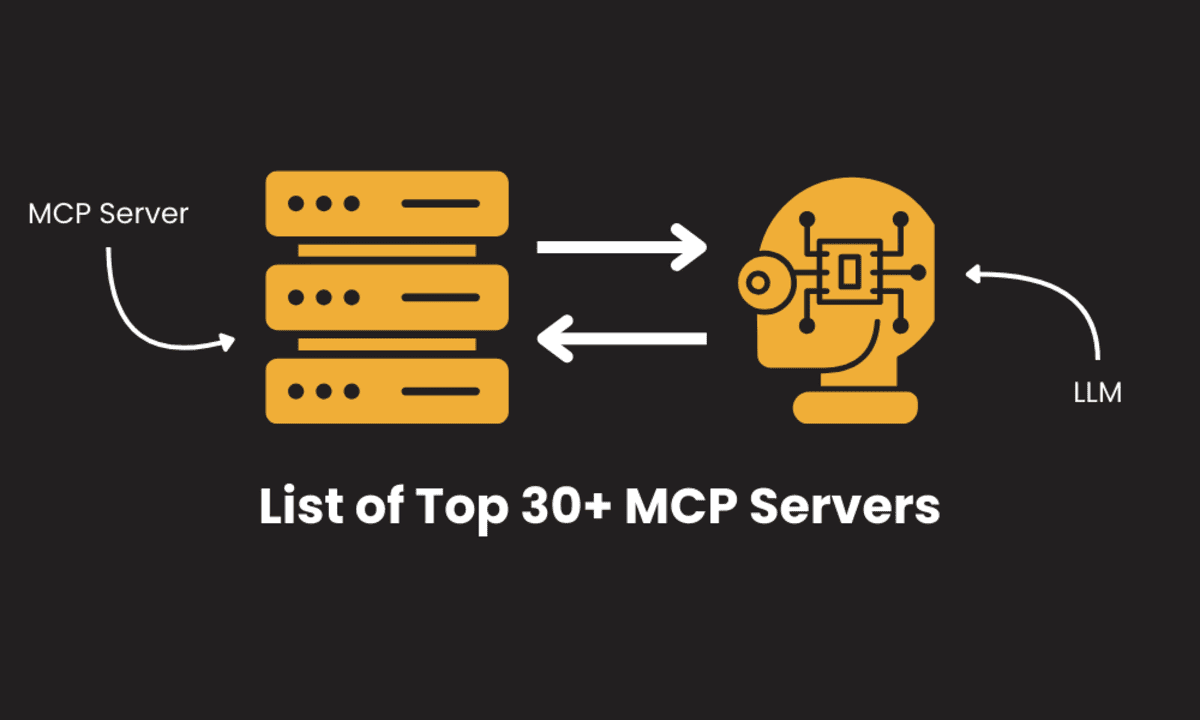



















































































![[DEALS] Mail Backup X Individual Edition: Lifetime Subscription (72% off) & Other Deals Up To 98% Off – Offers End Soon!](https://www.javacodegeeks.com/wp-content/uploads/2012/12/jcg-logo.jpg)





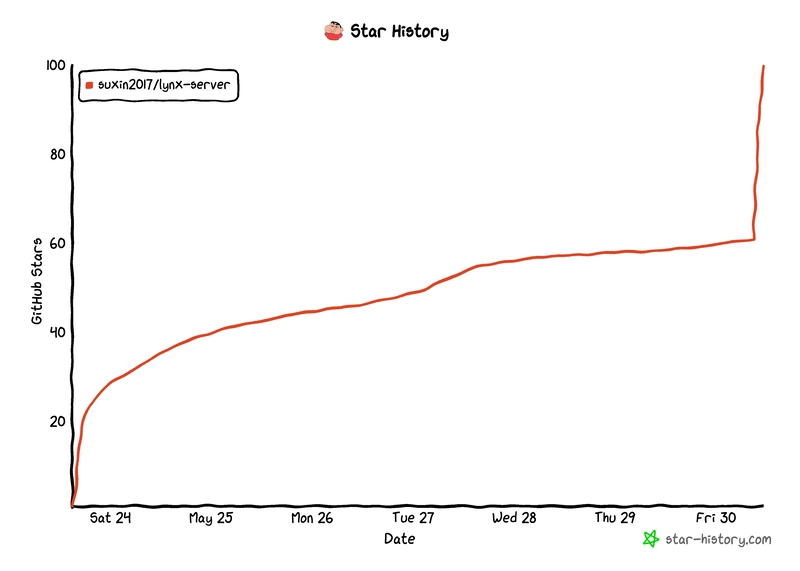
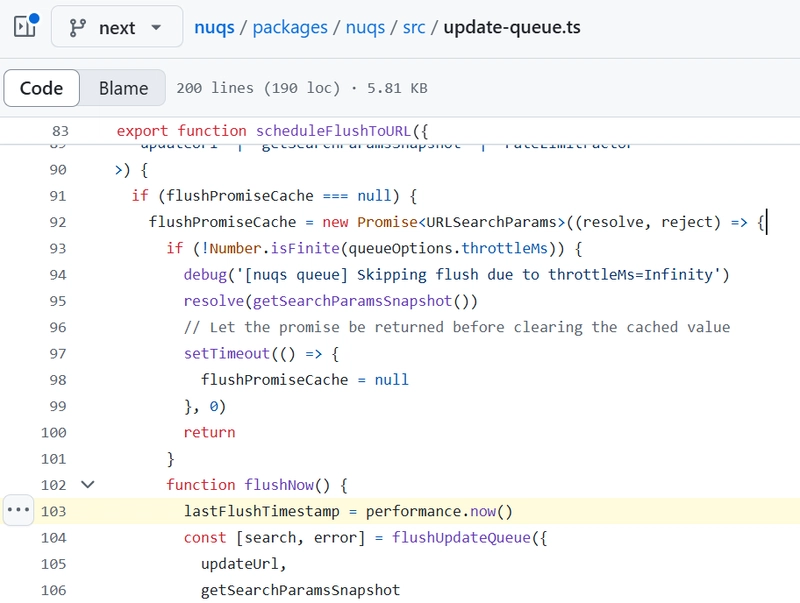


































































































































_Luis_Moreira_Alamy.jpg?width=1280&auto=webp&quality=80&disable=upscale#)


_imageBROKER.com_via_Alamy.jpg?width=1280&auto=webp&quality=80&disable=upscale#)





















































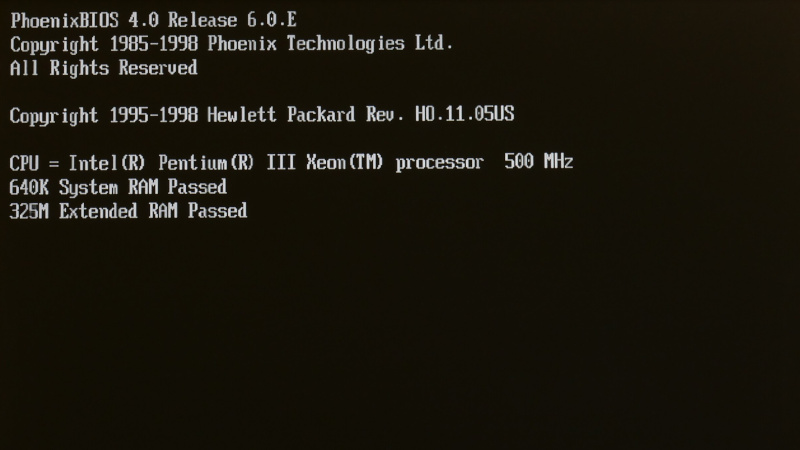





























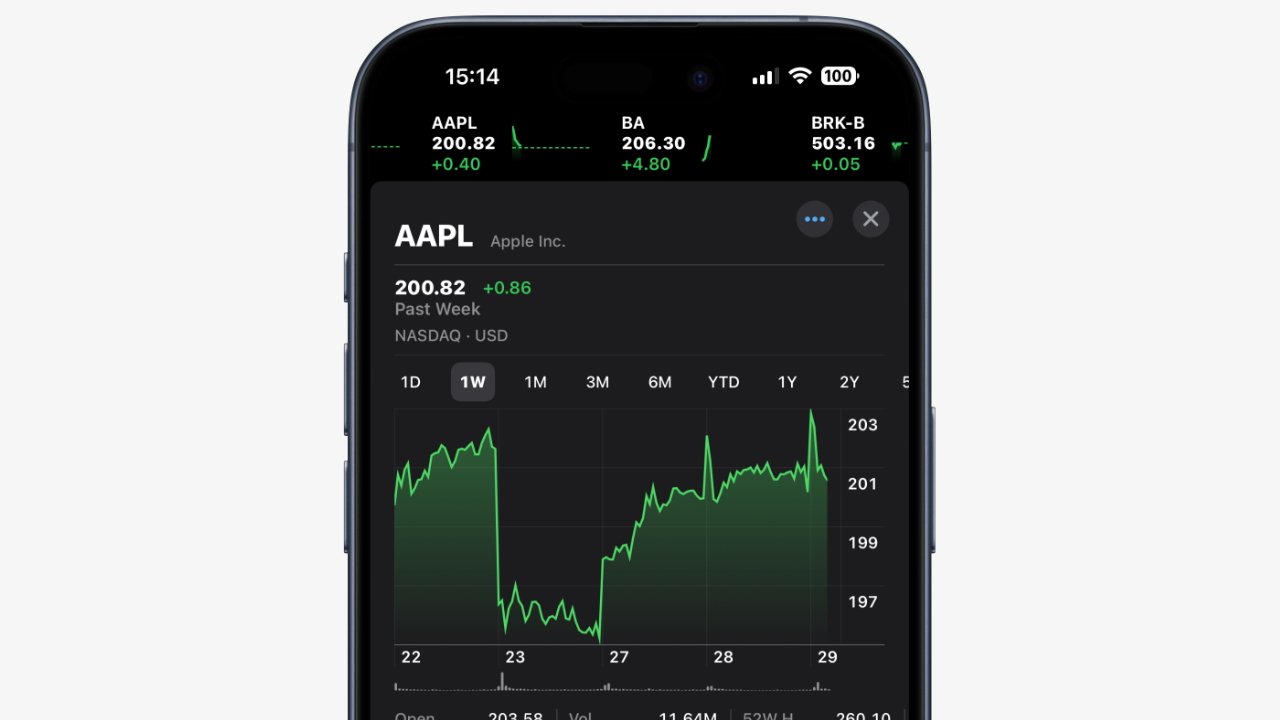










![This app turns your Apple Watch into a Game Boy [Hands-on]](https://i0.wp.com/9to5mac.com/wp-content/uploads/sites/6/2025/05/FI-Arc-emulator.jpg.jpg?resize=1200%2C628&quality=82&strip=all&ssl=1)
![Google TV is finally preparing sleep timer support as app readies Material 3 Expressive [Gallery]](https://i0.wp.com/9to5google.com/wp-content/uploads/sites/4/2024/01/google-tv-logo.jpg?resize=1200%2C628&quality=82&strip=all&ssl=1)














![Apple Shares Official Trailer for 'Smoke' Starring Taron Egerton [Video]](https://www.iclarified.com/images/news/97453/97453/97453-640.jpg)
![Apple's M4 Mac Mini Drops to $488.63, New Lowest Price Ever [Deal]](https://www.iclarified.com/images/news/97456/97456/97456-1280.jpg)

![iPhone 16 Becomes World's Best-Selling Smartphone in Q1 2025 [Chart]](https://www.iclarified.com/images/news/97448/97448/97448-640.jpg)




































































